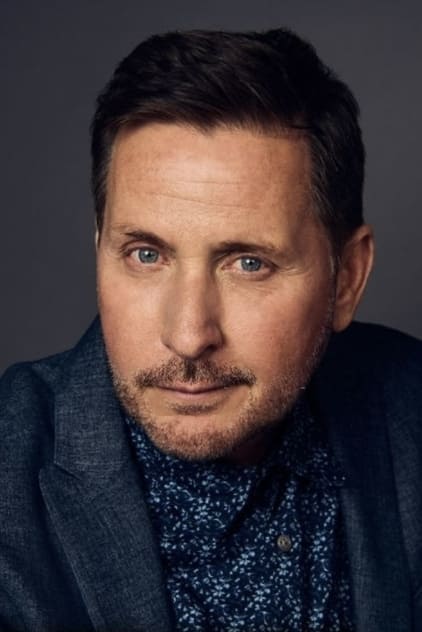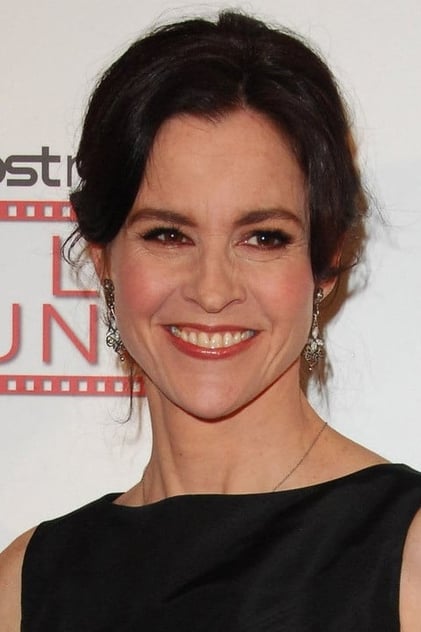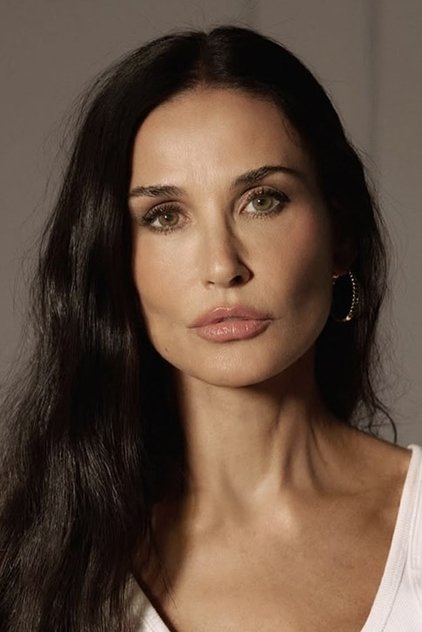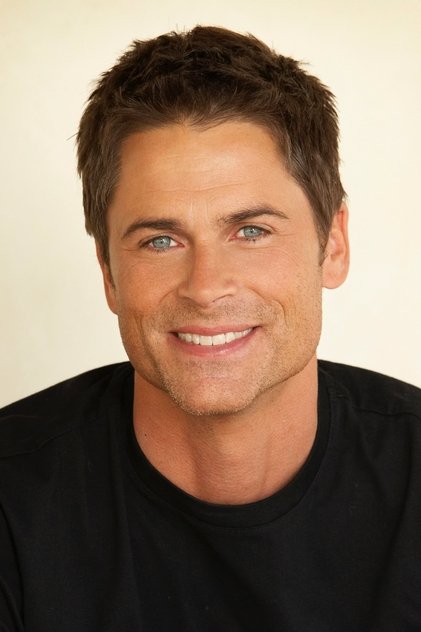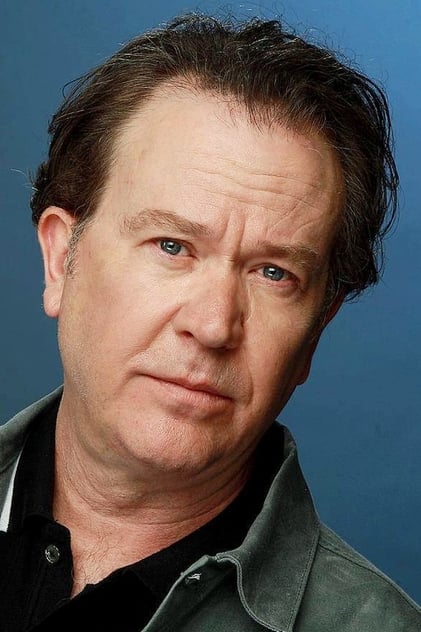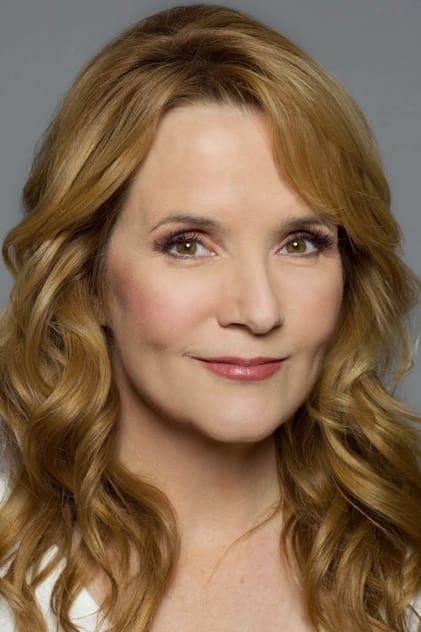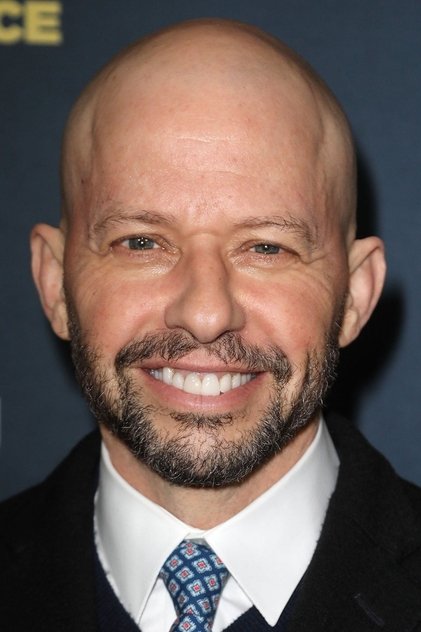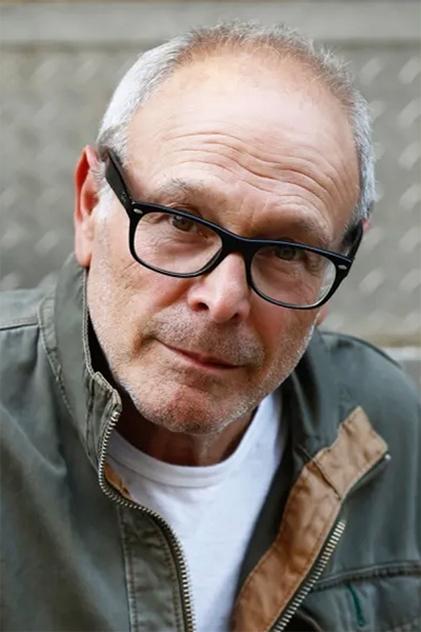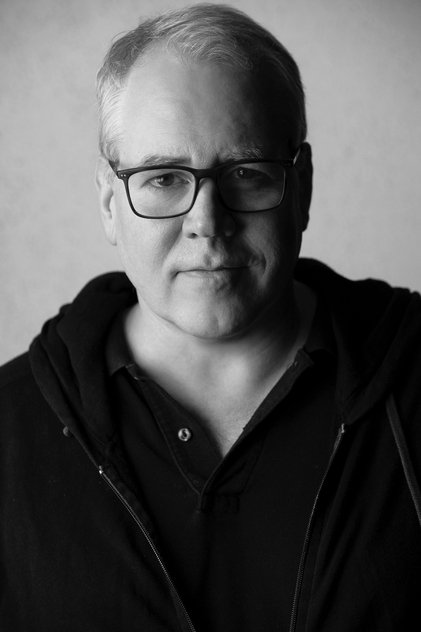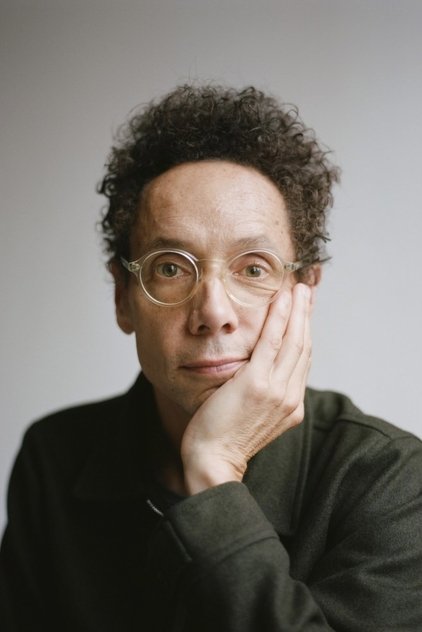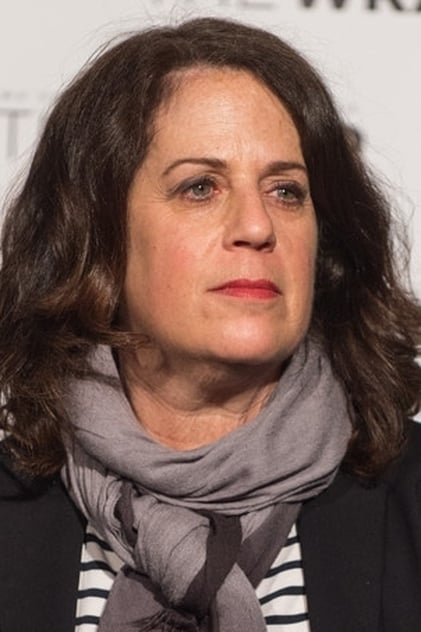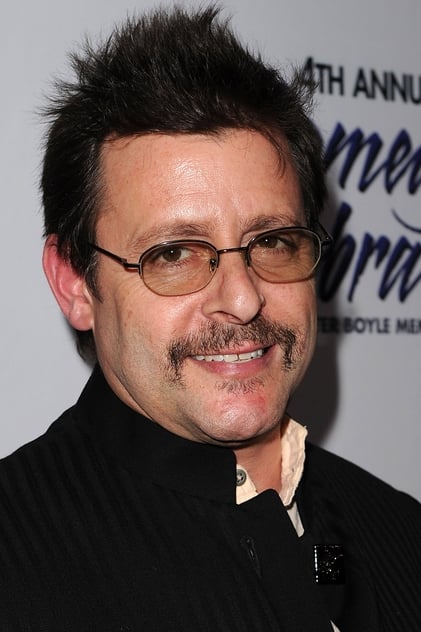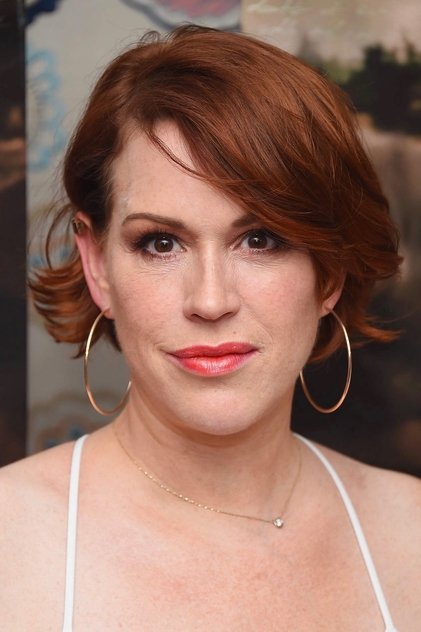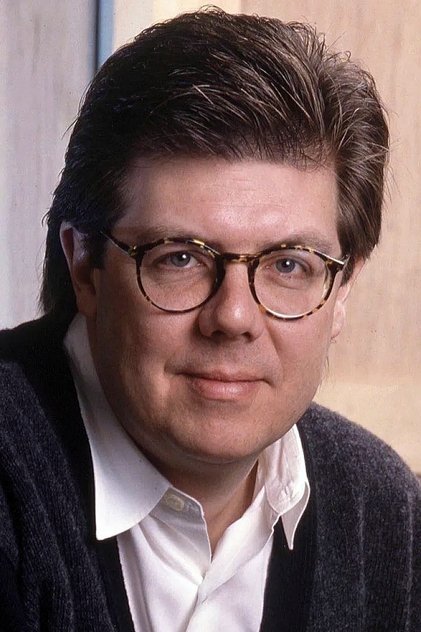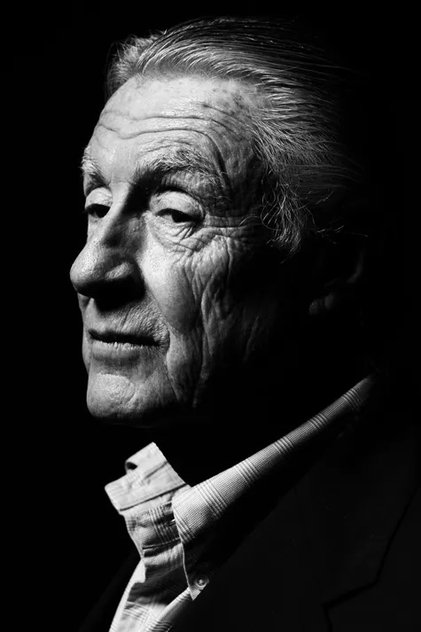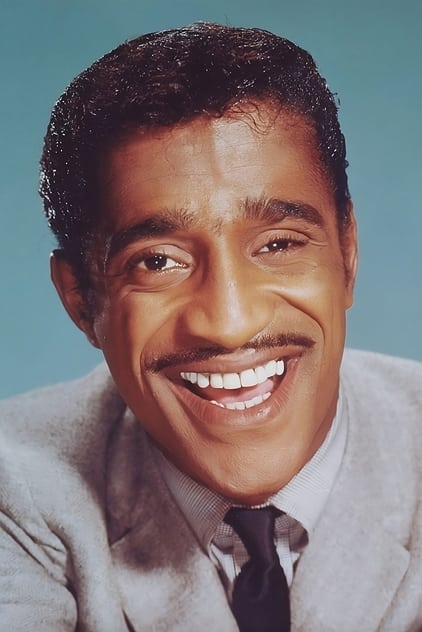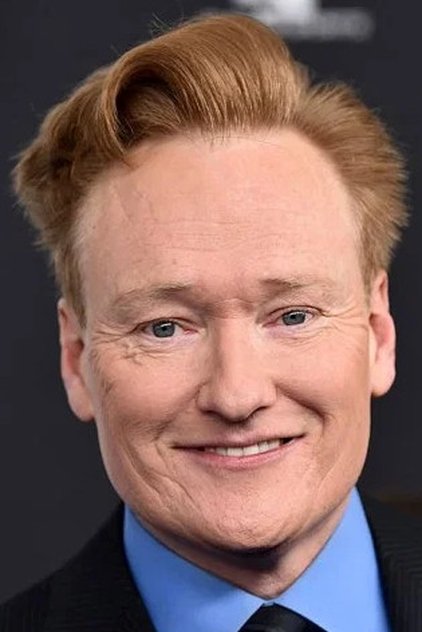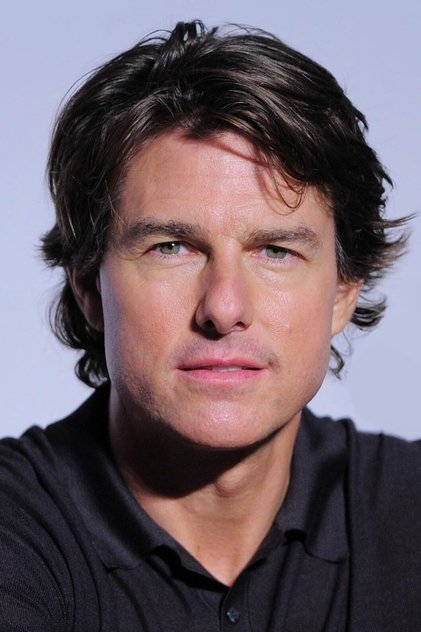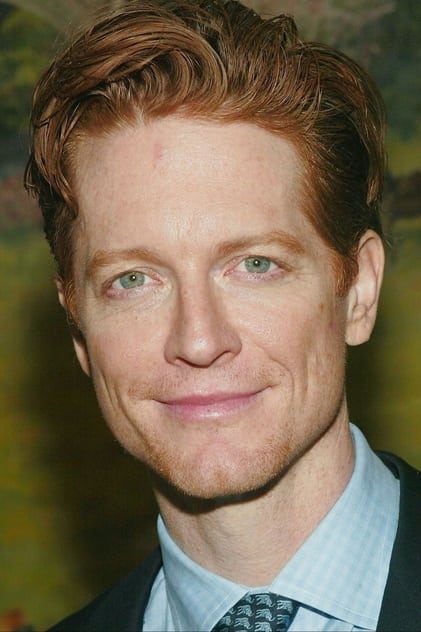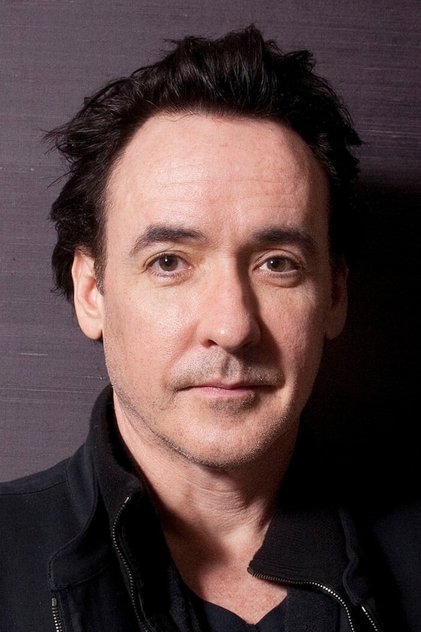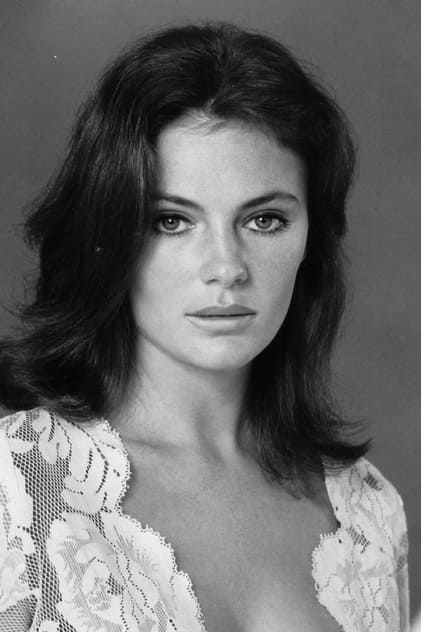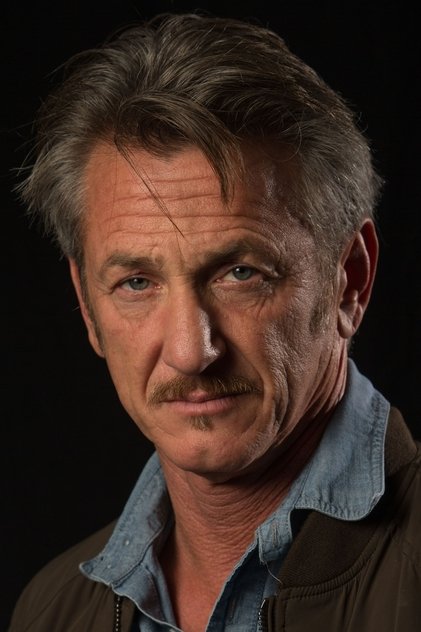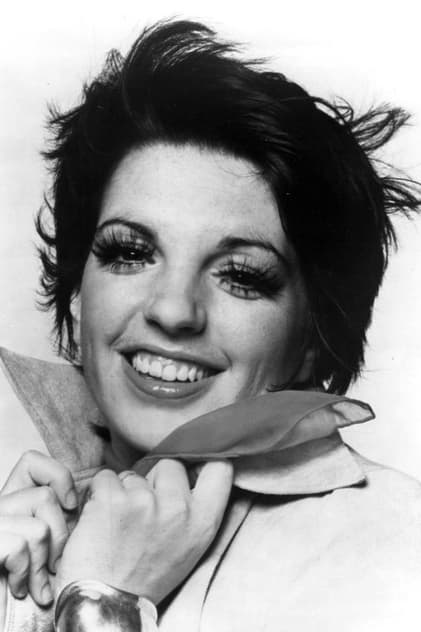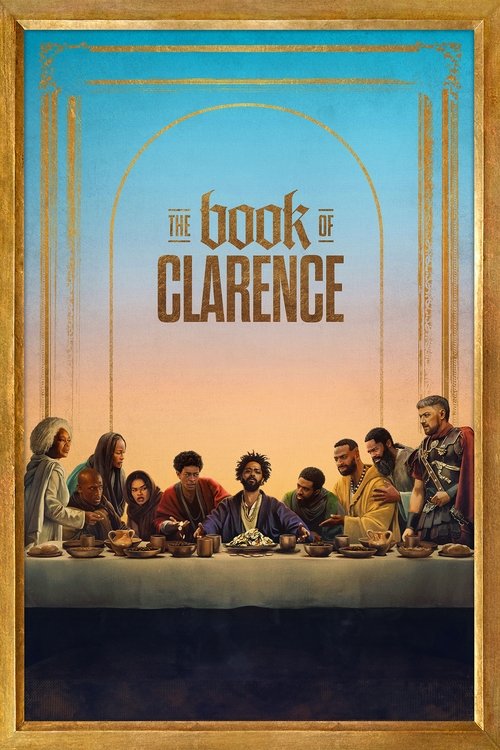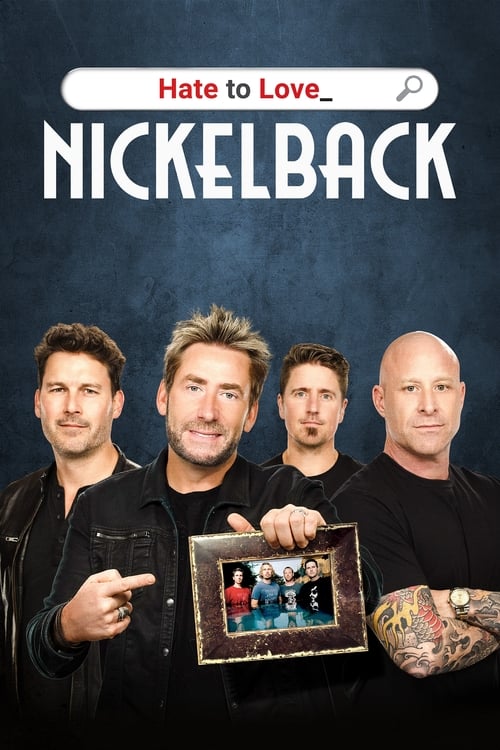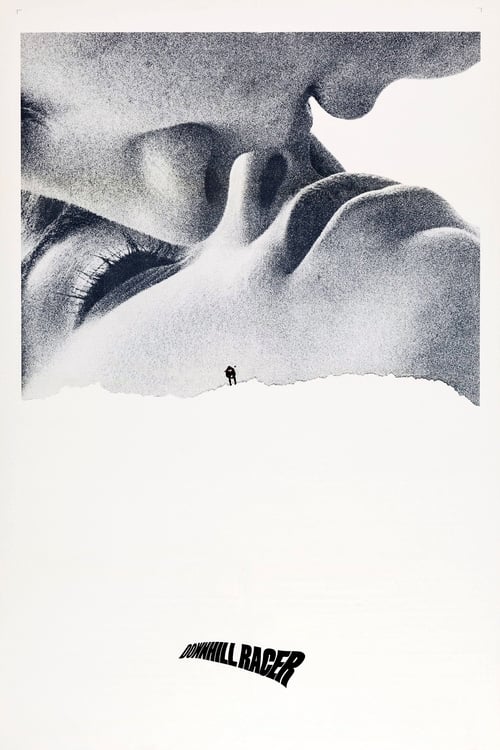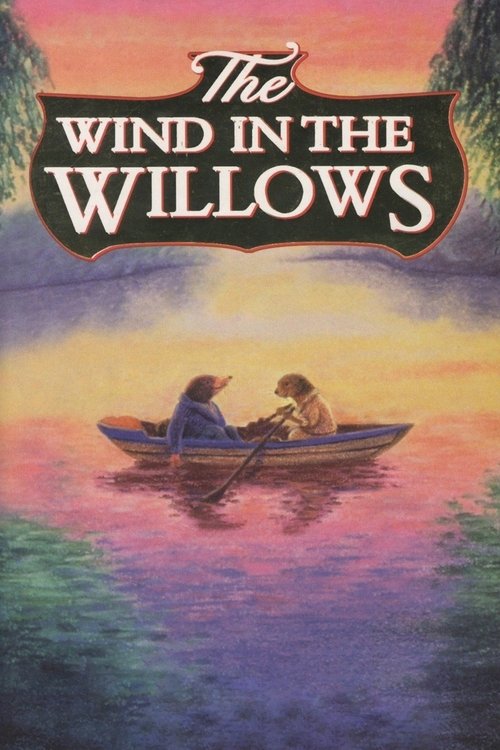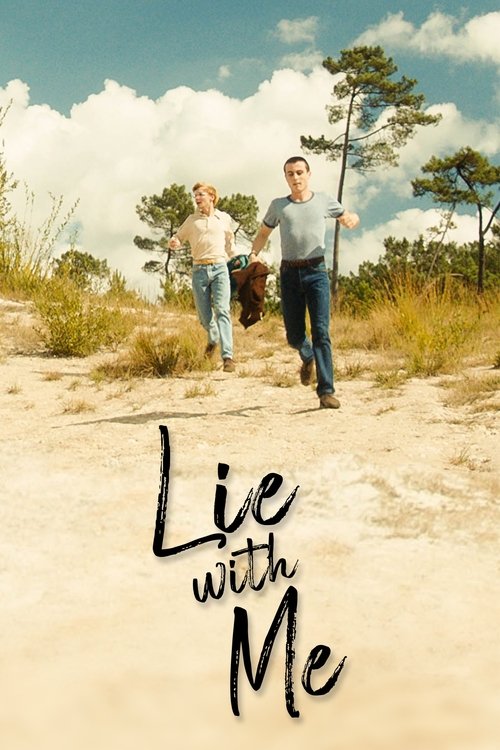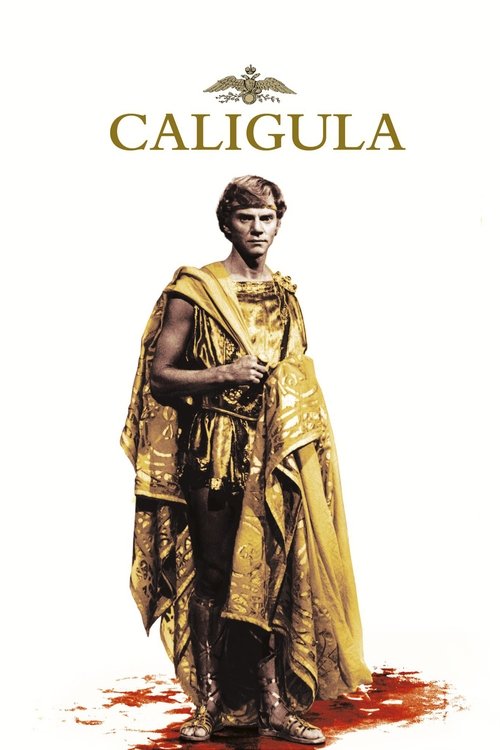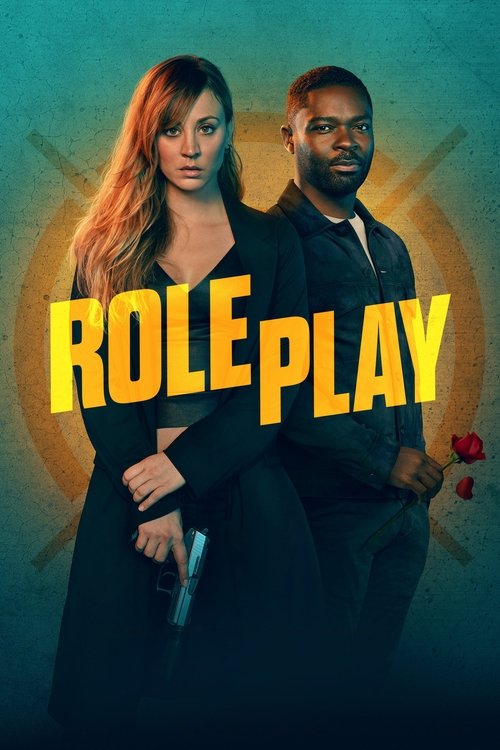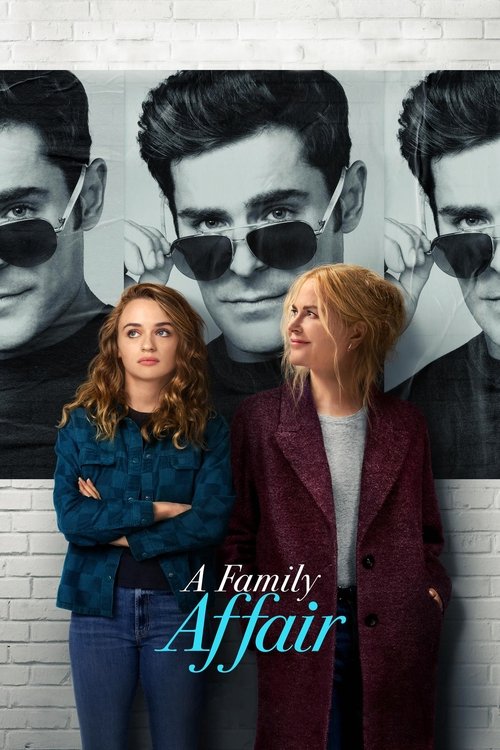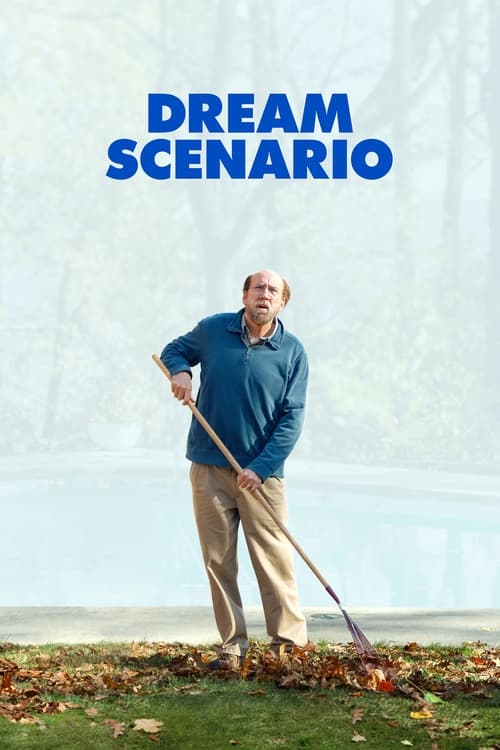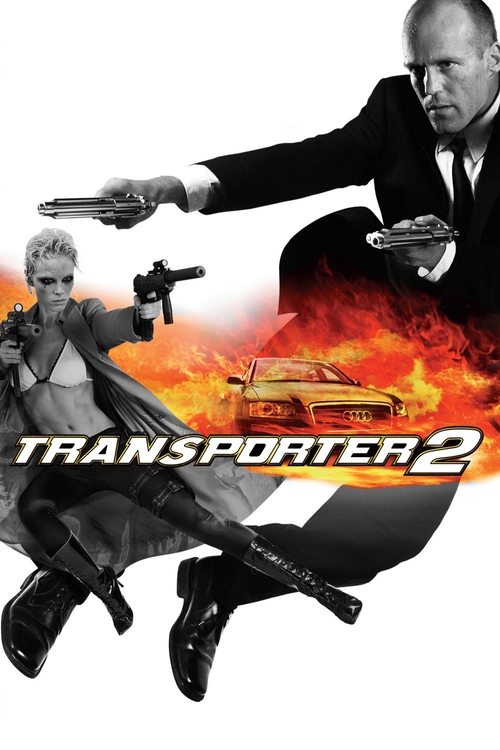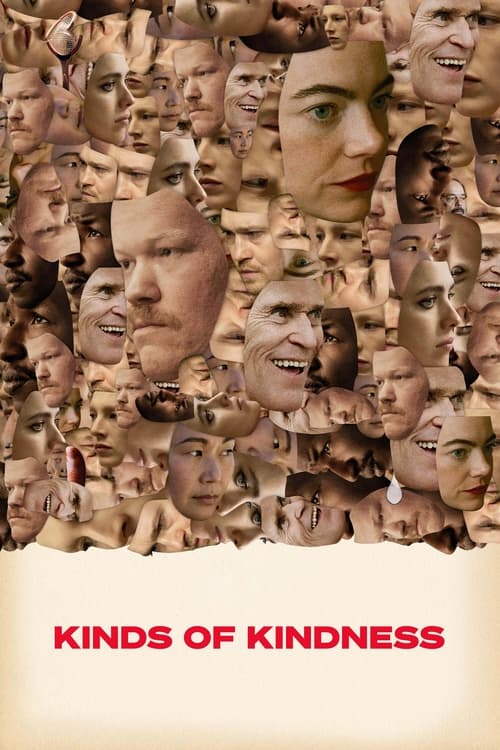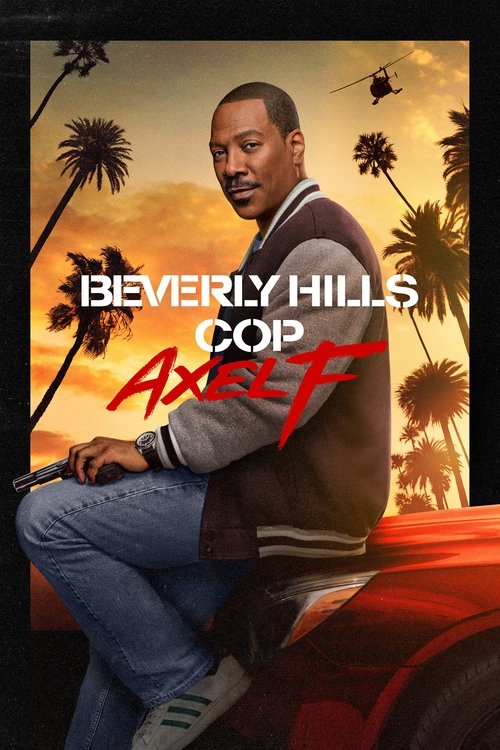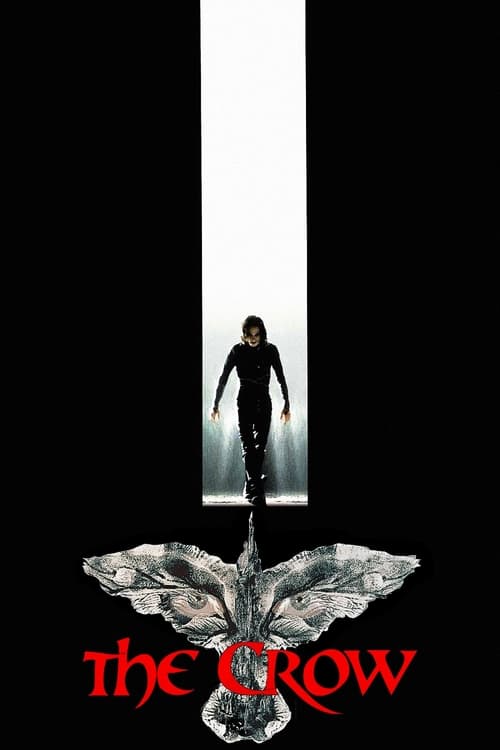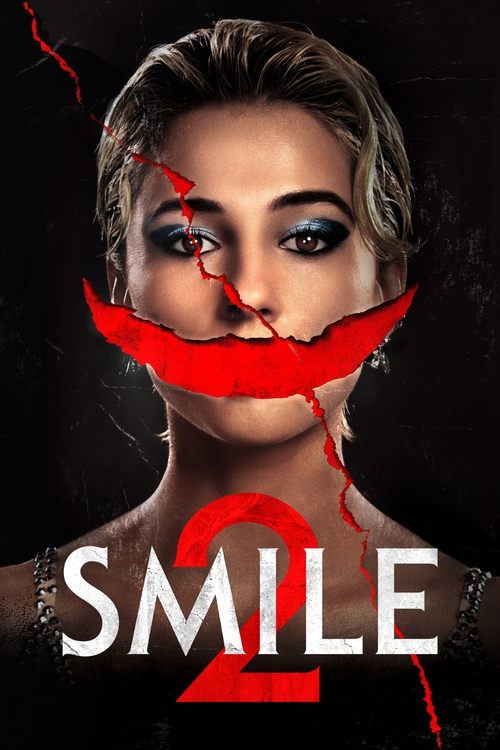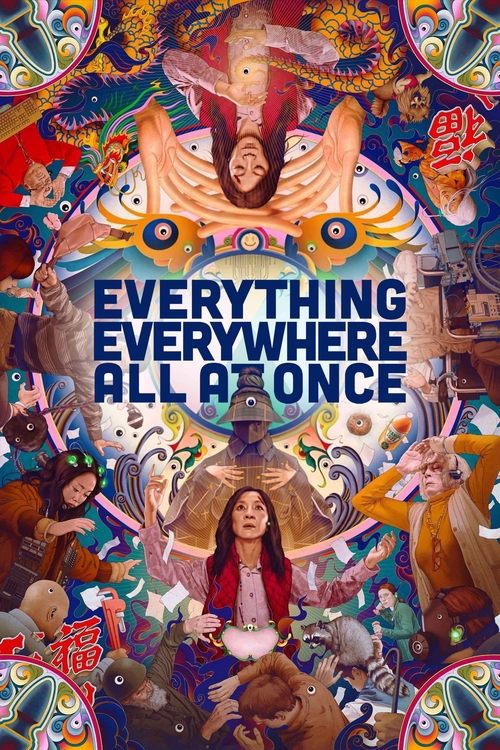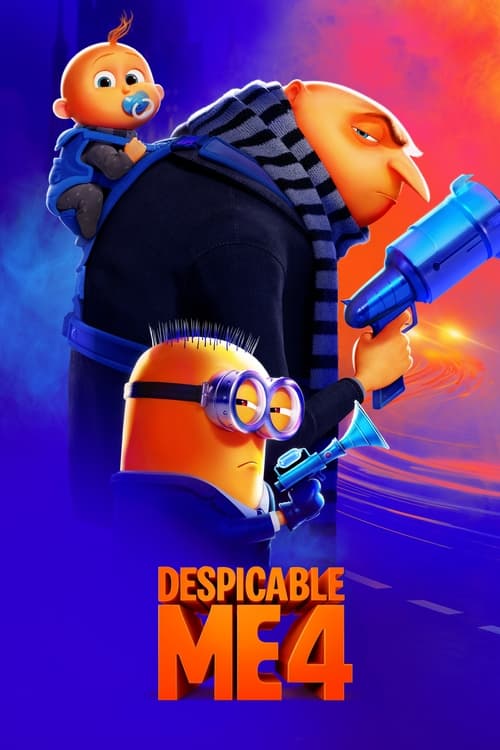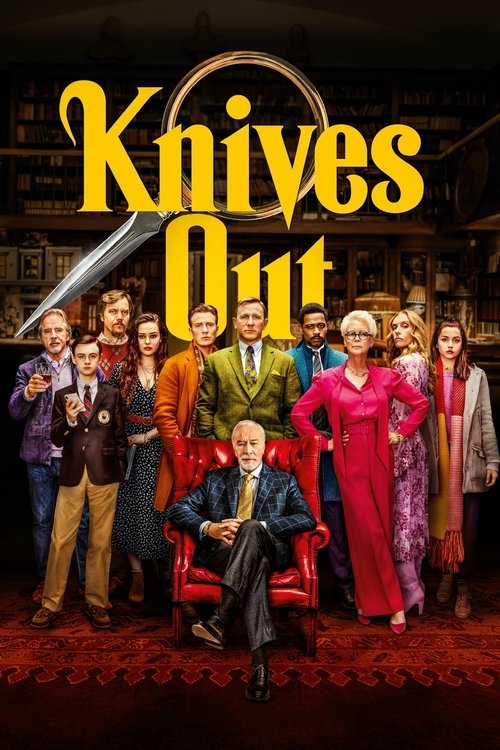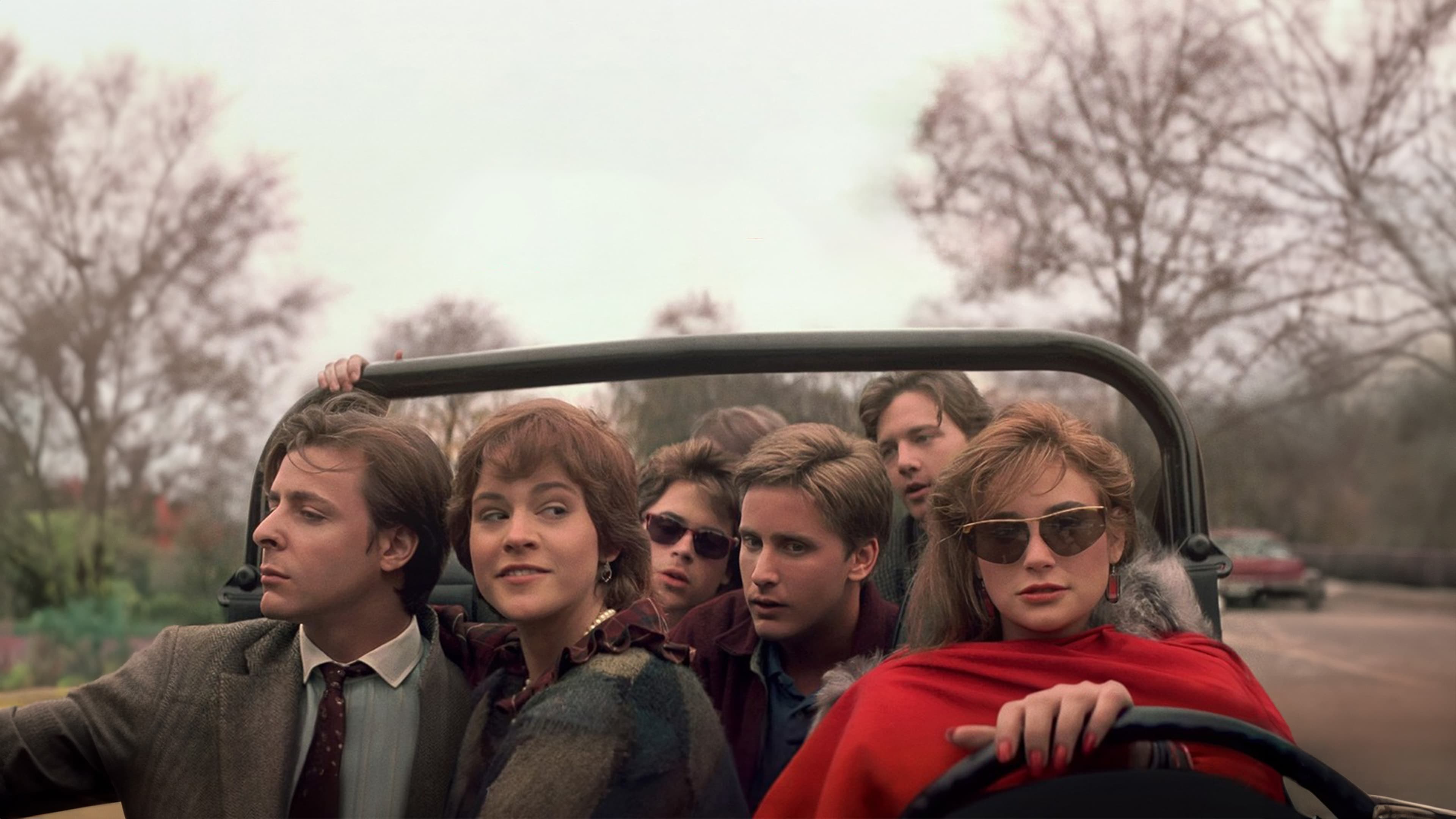

2024
·92m
BRATS
Summary
In the 1980s, Andrew McCarthy was part of a young generation of actors who were set to take over Hollywood after a string of successful teen movies. However, when the New York magazine cover story in 1985 dubs them the Brat Pack, stars in the making suddenly find themselves losing control over the trajectory of their careers. Now, almost forty years later, McCarthy looks to reconnect with peers and co-stars so that together they can reflect on their respective legacies.
Reviews
TheSceneSnobs
July 9, 2024
Andrew McCarthy’s latest documentary had the potential to be a nostalgic masterpiece, reminiscent of an era that defined a generation. However, it ultimately fell short, primarily due to McCarthy's involvement. As a fan of the films of the 'Brat Pack', I believe this documentary missed the mark in several key areas.
This documentary, clocking in at ninety minutes, feels like an extended exercise in grievance rather than an insightful exploration of the "Brat Pack" phenomenon. McCarthy’s evident resentment toward the term "Brat Pack" permeates the film, transforming what could have been a celebratory reflection into a personal vendetta.
Rob Lowe emerges as the standout element of this documentary. His pragmatic and almost philosophical take on the "Brat Pack" label illustrates why his career has endured far longer compared to some of his peers. Lowe’s commentary offers a stark contrast to McCarthy’s bitter tone, highlighting a significant thematic divide within the film. For instance, when Lowe discusses embracing the label and moving forward, it provides a refreshing perspective that the documentary sorely lacks overall.
The documentary might have been more engaging if it had included a narrative arc where McCarthy evolves to appreciate the title. Unfortunately, this journey of self-awareness is conspicuously absent. Instead, viewers are left witnessing McCarthy struggle with a term that continues to haunt him. This lack of growth or resolution undermines the film's potential impact. Imagine if the documentary had culminated in McCarthy’s acceptance and understanding of the "Brat Pack" label, much like how documentaries such as "Won't You Be My Neighbor?" successfully showcase personal and professional transformations.
The final few minutes of the documentary attempt to offer some praise towards the "Brat Pack" moniker. However, McCarthy’s apparent discomfort with this positive shift renders it ineffective. It feels like a last-ditch effort to garner sympathy or agreement after realizing that his peers have moved on. The film would have been significantly more compelling if it had focused on this reconciliatory tone throughout, rather than relegating it to the closing moments. Think of documentaries like "20 Feet from Stardom," where the ending brings a sense of closure and triumph, something McCarthy's film could have greatly benefited from.
In conclusion, while there are fleeting moments of introspection and commendation, McCarthy’s documentary ultimately flounders in its bitterness. The best parts of the film are ironically the credits, leaving viewers to wonder what could have been if the entire documentary had embraced a more reflective and less antagonistic approach.
For a documentary that could have celebrated the legacy of the "Brat Pack" and provided a cathartic journey for its creator, it instead serves as a reminder of how unresolved resentment can overshadow the opportunity for meaningful storytelling.

